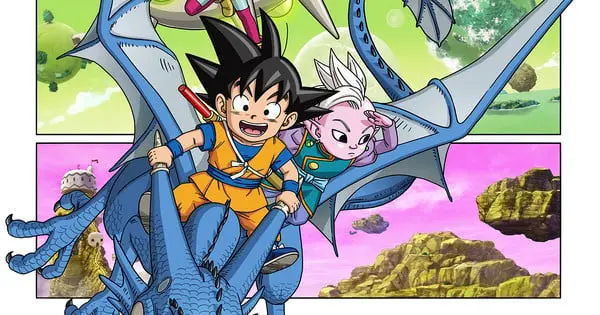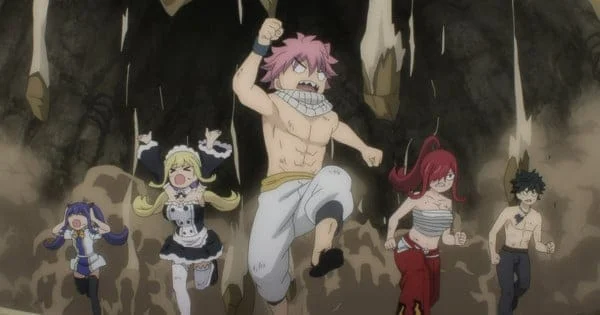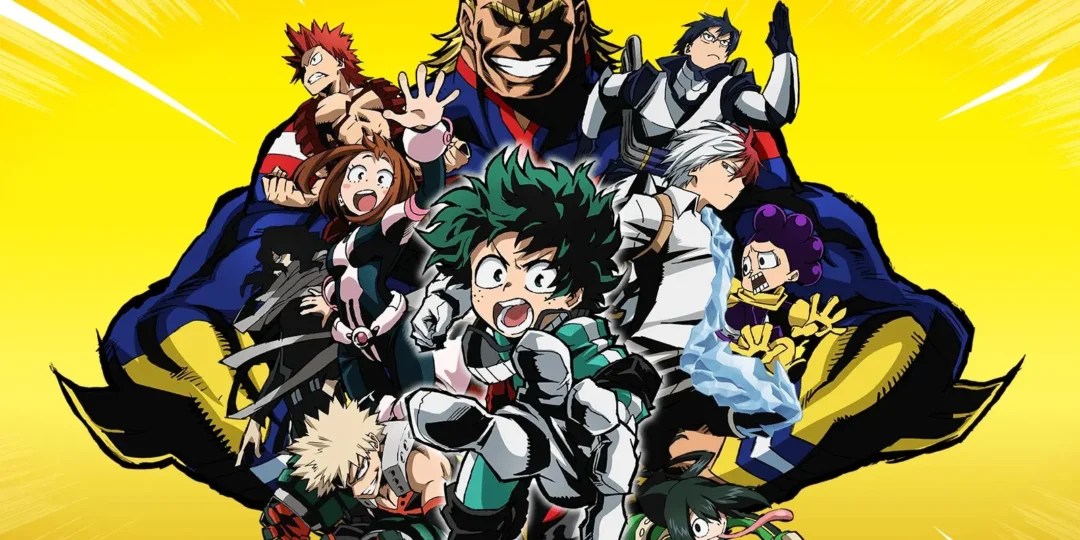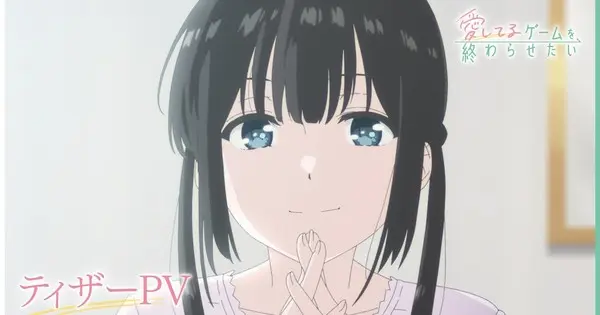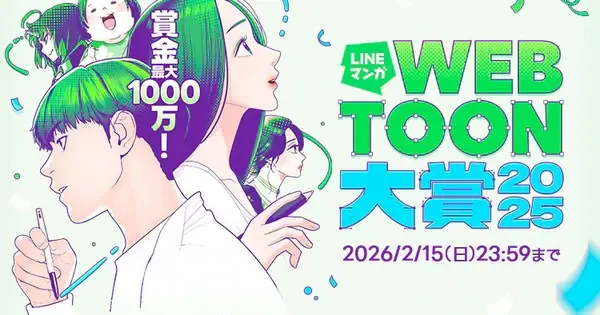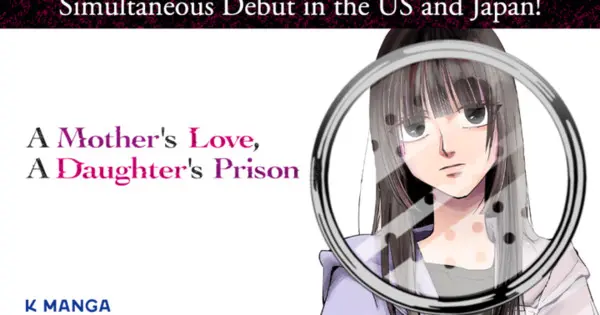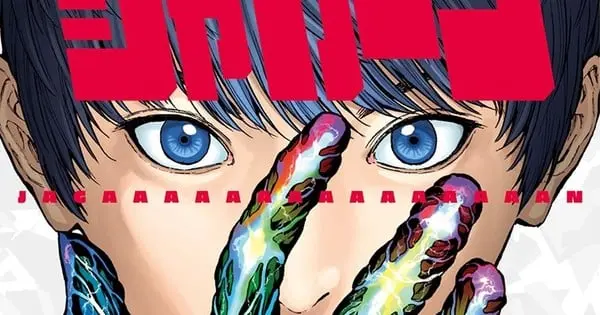The gripping manga series A Mother’s Love, A Daughter’s Prison (Haha to Iu Jubaku, Musume to Iu Rougoku) has reached its conclusion. The final chapter, the 30th in the series, was released on April 19, 2025, on Kodansha’s Magazine Pocket service. This poignant story, originally penned by Aya Saitou and adapted into manga form by Satokun, delves into the dark realities of abuse and its devastating consequences.
A True Crime Tale in Manga Form
A Mother’s Love, A Daughter’s Prison is based on a true crime story, lending an unsettling weight to its narrative. Saitou first published the tale as a book in December 2022 before Satokun began the manga adaptation in September 2024. The manga quickly gained traction, with Kodansha releasing the first tankobon volume in January 2025, followed by the second in March 2025. The third and final volume is scheduled for release on June 9, 2025.
Synopsis: A Glimpse into Darkness
Kodansha’s K MANGA service, which simulpublishes the manga in English, provides a chilling synopsis:
The torso of a headless, limbless body is found half-buried by a riverbank. It belonged to a middle-aged mother, Yaeko Miyagawa, and after an investigation and trial, her daughter Hikari eventually confessed to her murder. For many years, Hikari had been subjected to physical and emotional abuse by her mother, revolving around her failure to make it into a top medical school and become a doctor. Even after nine years of futile applications and entrance exams, Yaeko refused to free her daughter from this virtual prison. What led to the fatal stabbing that ended Yaeko’s life?
The story explores the harrowing experiences that led Hikari Miyagawa to commit such a gruesome act, painting a portrait of a life suffocated by a mother’s obsessive expectations and relentless abuse. It further examines the aftermath of the tragedy, leaving readers to grapple with the complex interplay of victimhood and culpability.
Themes of Abuse and Control
The manga unflinchingly portrays the insidious nature of emotional and physical abuse. Yaeko Miyagawa’s relentless pressure on her daughter to become a doctor, even after years of failed attempts, highlights the destructive power of parental expectations. The narrative explores how this pressure morphed into a form of imprisonment, trapping Hikari in a cycle of abuse and despair.
The Weight of Expectations
Yaeko’s unwavering belief that Hikari’s worth was solely tied to her academic achievements created an unbearable burden for her daughter. This theme resonates with many individuals who have experienced the pressure of meeting parental expectations, particularly in cultures where academic success is highly valued.
The Erosion of Self-Worth
The manga also delves into the psychological impact of prolonged abuse. Hikari’s self-esteem is systematically eroded by her mother’s constant criticism and control. This gradual destruction of self-worth is a common consequence of abuse, leaving victims feeling helpless and trapped.
The Cycle of Violence
While the manga focuses on the mother-daughter relationship, it also hints at the broader cycle of violence. The story raises questions about the origins of Yaeko’s behavior and whether she, too, was a victim of abuse. This subtle exploration of intergenerational trauma adds another layer of complexity to the narrative.
Critical Reception and Impact
A Mother’s Love, A Daughter’s Prison has garnered attention for its unflinching portrayal of abuse and its exploration of complex psychological themes. While specific reviews are not readily available, the manga’s popularity and the fact that it is based on a true story suggest that it has resonated with readers who are drawn to stories that explore the darker aspects of human relationships. The simulpub release on K MANGA also indicates a growing international interest in the series.
A Platform for Dialogue
Manga and other forms of visual storytelling can be powerful tools for raising awareness about social issues. A Mother’s Love, A Daughter’s Prison has the potential to spark conversations about abuse, mental health, and the importance of seeking help. By presenting a fictionalized account of a real-life tragedy, the manga can create a safe space for readers to explore these difficult topics.
The Power of Empathy
One of the strengths of manga is its ability to foster empathy. Through compelling characters and evocative artwork, manga can transport readers into the lives of others, allowing them to experience different perspectives and emotions. A Mother’s Love, A Daughter’s Prison invites readers to empathize with both Hikari and Yaeko, even as they grapple with the horrific events that unfold.
Where to Read
For English-speaking audiences, A Mother’s Love, A Daughter’s Prison is available digitally on Kodansha’s K MANGA service. This allows readers to follow the story as it is released in Japan, providing a simulpub experience. As the final volume approaches its release, now is an opportune time to delve into this gripping and thought-provoking manga.
The Creative Team
The manga is a collaborative effort between:
- Aya Saitou: The author of the original story, bringing a foundation of real-life events to the narrative.
- Satokun: The artist responsible for the manga adaptation, visually translating the story’s intense emotions and dramatic events.
Their combined talents have brought this disturbing true story to life, offering a stark and unforgettable look at the destructive power of a twisted mother-daughter relationship.
Final Thoughts
The conclusion of A Mother’s Love, A Daughter’s Prison marks the end of a harrowing journey into the depths of abuse and its tragic consequences. The manga serves as a stark reminder of the importance of addressing mental health issues and breaking the cycle of violence. As readers reflect on Hikari’s story, it is hoped that they will be inspired to seek help for themselves or others who may be experiencing similar forms of abuse. The series leaves a lasting impact, prompting reflection on the complexities of family dynamics, the weight of expectations, and the desperate search for freedom from the prisons we create for ourselves and others.

